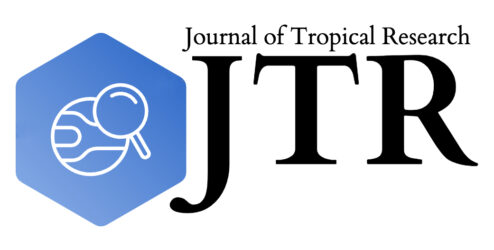JTR Editor Guidelines
Guidelines for editors
The JTR peer review model refers to a specific method of evaluation and assessment in which experts in a certain field critically analyze and provide feedback on the work of their peers. JTR utilizes a solitary anonymised model throughout the evaluation procedure. Reviewers are aware of the authors' identities so that they can provide a comprehensive evaluation based on the authors' research and avoid any potential conflicts of interest when accepting a review invitation. JTR also holds the belief that reviewers should receive recognition for their efforts in carrying out peer review. We uphold the principles of transparency and impartiality in our peer review process. For each piece we publish, we make sure to provide the identities of all the reviewers who have given their endorsement.
Outcomes of our cooperative peer evaluation
Our peer review technology fosters collaboration by bringing together writers, reviewers, and the handling editor in an interactive online dialogue. This allows for rapid iterations and promotes consensus. Editors and reviewers collaborate with authors to enhance their manuscript.
How to conduct a peer review
Reviewers play a vital role as intermediaries between the author and the handling editor. Reviewers, who possess specialized knowledge, provide guidance and support to other researchers, helping them to publish their work in the most optimal state. In order to assist our reviewers, we have compiled a set of guidelines and checklists to aid them in preparing for and composing an impartial and constructive review.
Independent review by an impartial entity
- After a reviewer agrees to review, they receive an email including a hyperlink to the online review platform. Users can examine and evaluate the paper and its accompanying documents in the review forum. During the initial review step, the reviewers evaluate the manuscript in a separate and unbiased manner, without any influence from each other or the authors.
- The review is conducted by responding to a review questionnaire that is supplied in the review portal. The questionnaire is specifically designed for each type of article, such as original research, review, study protocol, clinical trial, etc. Upon submitting their review report, the reviewer will concurrently submit their recommendation to the editor. At this step, they have the authority to officially approve the manuscript and complete the review process, if the manuscript meets our acceptance requirements.
- After all reviewers have submitted their review report, the handling editor is tasked with initiating the subsequent stage of the process: the interactive review. Despite receiving unfavorable review reports, the writers are given the opportunity to present a reply through the collaborative review forum.
Interactive Review.
Upon activation of the interactive review phase, writers receive notifications and gain the ability to access and address reviewers’ remarks within the review forum. Reviewers receive notifications when the author has provided a complete response and/or resubmitted their work according to the comments made by the reviewers.
Reviewers have the option to engage in a dialogue with the author in order to seek clarifications or request additional modifications, if necessary. Additionally, they have the ability to access and provide comments on review reports submitted by other reviewers.
If the reviewer determines that the authors have implemented the necessary modifications and that the work is appropriate for publishing, they may provide their endorsement. Alternatively, if the reviewers believe that the authors have not met the required standards or are unable to improve the article, they can suggest rejecting it.

Factors to consider before accepting the invitation
Prior to accepting an invitation to review, it is crucial to take into account the following factors.
Area of expertise?
Consider whether the manuscript falls within your specific area of expertise. If you are unable to attend, kindly reject the invitation and, if possible, assist us by recommending other experts who may be suitable.
Available Time?
In order to maintain an effective peer review process, we kindly ask reviewers to submit their reports within seven days of accepting the invitation. If you are unable to submit a review but may be available at a later time, it is advisable to inform the editorial office.
How to deal with conflict-of-interest present?
Upon accepting the invitation, you will be required to fill out a brief questionnaire on conflicts of interest. This is to determine if you have any connections with the author(s) of the manuscript that could potentially compromise your ability to provide an unbiased review. Conflicts of interest are evaluated individually and may not necessarily result in disqualification. Therefore, it is important to provide complete disclosure for all responses. Additional information regarding this matter can be found at this location.
Reply to the invitation
We kindly request that reviewers promptly respond to the offer to review. If you believe that you do not have the time or skill to review, you are welcome to decline. We value any suggestions for alternative reviewers that you may have.
If a reviewer realizes that seven days will be insufficient to complete their review, or if there will be a delay to the deadline after the invitation has been accepted, they can contact the editorial office. We will be happy to assist.
During peer review
Before a manuscript is sent for peer review, our research integrity team and the handling editor will already have carried out initial quality checks.
The aims of our reviewers should always be to:
- focus on the quality of the science objectively
- collaborate towards improvement and think constructively
- help the author and editor understand what is needed with clear comments.
- Below are our tips for ensuring a quality report is produced.
What to do
- Respect the scope
Authors provide a ‘contribution to the field’ statement with their manuscript to explain the article’s intended scope and relevance. Keep the focus on what the manuscript is aiming to do, even if your expertise extends in a related direction. You should avoid recommending authors vastly expand the scope of the manuscript (e.g. “you only dealt with x, you need to deal with y”), or taking them outside their manuscript’s intended scope.
- Focus on science
Be objective – JTR discloses author names to reviewers for full transparency, however, reviewers are not asked to assess the author, only the manuscript. Also, it is not necessary to flag small copy-editing errors: our production team will ensure those are fixed during typesetting. Our processes ensure you should focus solely on the research itself.
- Provide constructive feedback
Comments should seek to recommend reasonable improvements, in a polite and impersonal tone. Show professional courtesy by thinking about what you would want to receive on a paper of your own. And if it is good, say so – and also say why!
- Consider field specifics
Are there elements of the research specific to the field you work in? If so, apply your expertise to give feedback on these. It will be helpful to all involved in the manuscript’s review process.
What not to do
- Don’t be vague or too brief
Authors find precise and detailed feedback extremely helpful, and this tends to result in a timely and smoother review process. Whereas a brief report will often lead to additional questions from authors. Make sure recommendations and decisions are explained clearly. You should make good use of the detailed questionnaire provided in the collaborative review platform to provide a clear assessment.
- Don’t leave out key points in your initial report
The initial report should be thorough and provide all the necessary feedback upfront. While it is possible that further revisions to the paper will bring up new questions, be sure to include your key points in your initial report. Ensure you conclude your report with a clear recommendation for the handling editor. You are the expert and your guidance is highly valued.
- Don’t drop out of the peer review
To ensure an efficient process for all involved, please try to submit your responses on time. If you need to request an extension or to withdraw from the review process you can do this directly in the review forum at any time, or contact the editorial office for support. Try to place yourself in the authors’ shoes, as they anxiously await feedback on their submission.
- Keep in touch
Encountering any issues during review or have any concerns with the manuscript? Need assistance using our review platform? Need to request an extension to submit your review? For these or any other inquiries or updates, do not hesitate to contact your journal’s office.
After peer review
- Recognizing reviewers
Reviewers who endorse a manuscript for publication are recognized for their work by being named on the published article. The names are listed alongside the editor’s both on the published article page, and the article final files.
But it is important to remember that if a reviewer recommends the rejection of a manuscript, or withdraws from the review process, their name will not be made available to the authors and is not published alongside the manuscript.
Irrespective of the reviewer’s recommendation, when a report is submitted the reviewer will receive a confirmation email to acknowledge their work, including a copy of their report. While the report itself is not to be shared in any public forum, reviewers may use the confirmation email to obtain recognition for their involvement in the peer review process with their institution or other platforms. Their reports will also not be lost should they recommend rejection or withdraw from the review process later on.







